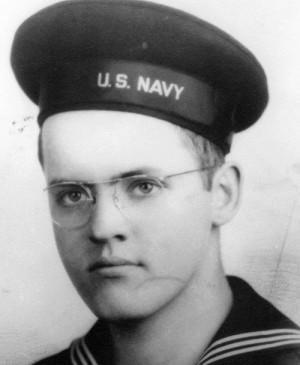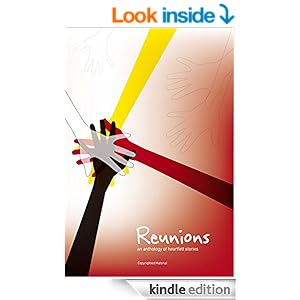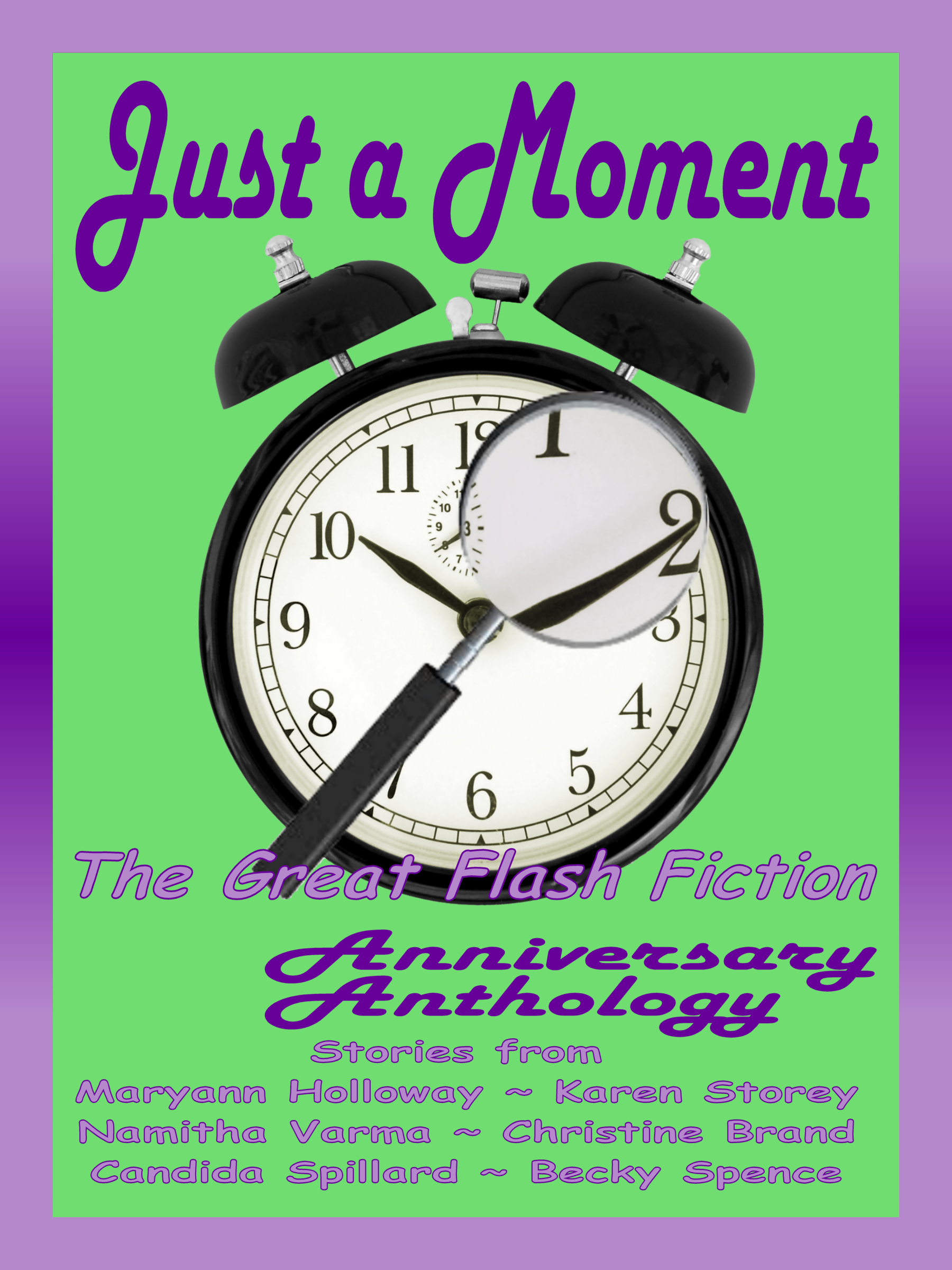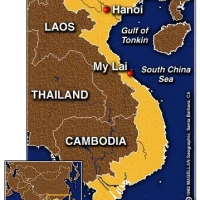WORLD WAR II FROM A TO Z
Today’s poem for the #NaPoWriMo is not my original work. I present the White Cliffs of Dover which had been written by Walter Kent and Nat Burton and performed by Vera Lynn. Truly a beautiful song. You can hear the song on YouTube but I also have it imbedded in my reveal post HERE
There’ll be bluebirds over
The white cliffs of Dover
Tomorrow
Just you wait and see
There’ll be love and laughter
And peace ever after
Tomorrow
When the world is free
The shepherd will tend his sheep
The valley will bloom again
And Jimmy will go to sleep
In his own little room again
There’ll be bluebirds over
The white cliffs of Dover
Tomorrow
Just you wait and see
The shepherd will tend his sheep
The valley will bloom again
And Jimmy will go to sleep
In his own little room again
There’ll be bluebirds over
The white cliffs of Dover
Tomorrow
Just you wait and see
Born in the early 1960s, I wasn’t old enough to understand what the home front meant during the Vietnam War let alone what it meant during the Second World War. Growing up, the film Mrs. Miniver was the extent of my exposure to what it meant.
A truly remarkable film but hardly the definition of home front for everyone. I guess the experiences were different dependent on where people lived and what role they chose to take. I bit off more than I could chew with this subject. There are volumes of information about the home front by country available on the internet and I will include sources at the end. Here is a generalization.
The home front covers the activities of the civilians in a nation at war. World War II was a total war; homeland production (I think this means Gross National Product GNP) became even more invaluable to both the Allied and Axis powers.
- Allied Powers
- Allies entering after the Attack on Pearl Harbor
- Axis Powers
- Neutral Powers
Life on the home front during World War II was a significant part of the war effort for all participants and had a major impact on the outcome of the war. Governments became involved with new issues such as rationing, manpower allocation, home defense (See C is for Civil Defense), evacuation in the face of air raids (you may enjoy my flash fiction, Gracie’s Memories), and response to occupation by an enemy power.
The morale and psychology of the people responded to leadership and propaganda. Typically women were mobilized to an unprecedented degree.
Among morale-boosting activities that also benefited combat efforts, the home front engaged in a variety of scrap drives for materials crucial to the war effort such as metal, rubber, and rags.
Sources to read more about the home front:
http://www.archives.gov/boston/exhibits/homefront/
http://en.wikipedia.org/wiki/Home_front_during_World_War_II
http://www.ushistory.org/us/51b.asp
http://www.history.com/topics/world-war-ii/us-home-front-during-world-war-ii








 Check out my other blog
Check out my other blog I'M PUBLISHED
I'M PUBLISHED I'm Published Again
I'm Published Again









What a brave person you are to take on this theme for the A to Z. My husband is a big WWII history buff and would probably enjoy your blog! Thanks for such an interesting theme, and one, we need to never forget. Lisa, co-host AtoZ 2015, @ http://www.lisabuiecollard.com
LikeLike
Thank you. I am glad you enjoyed it.
LikeLike
Some of the Allied Powers didn’t enter the war until its final phase, Argentina for example.
LikeLike
True. I wonder what would have brought the U.S. In if Pearl Harbor hadn’t occurred
LikeLike
At the time, we were the world’s major oil producer and refiner. We were supplying oil, foodstuffs, and military equipment to England it is allies. We were in the same position in 1812, only then we were supplying France. Sooner or later Germany (England in 1812) would have taken more than acceptable action against our merchantmen. That was already happening in 1941.
LikeLike
Of course some Americans had already joined British units like the RAF.
LikeLike
Yes how could they stop themselves. They learned to fly which was probably euphoric for them
LikeLike
Beautiful song… reminds me of the lady who lived down from us in Chicago. She was a war bride from England, and as much as she loved America, she always talked about England.
LikeLike
The loss of one’s way of life must have been astronomical for people in war zones. Being nostalgic for your country is not uncommon. I am a 1st generation of an Irish immigrant and my mother Irish heritage was very much a part of her life and she live in America more than twice the years he lived in Ireland.
LikeLike
So many intricacies when you think about what people lived through.
Yes you put alot of time into this.
LikeLike
Thank you. I am glad of the resources available online or my blog wouldn’t exist.
LikeLike
I missed this somehow-Great post and love Mrs. Miniver. My mom in law remembers the rations (in Canada) and the drives. I love Vera Lynn’s voice-it has a sense of warmth and home in her voice. Oh as a side note Greer Garson married the actor who played her son:)
LikeLike
Wow really. It just goes to show that age doesn’t always matter. I think for myself I wouldn’t be able to relate to someone so different then my age.
LikeLike
I don’t think I’ve seen a map like that before, with all the countries that were affected. Truly a world war.
While I think of it, Maryann, one of the other blogs I follow recently had a post on WWII propaganda posters in Canada, I thought you might be interested: https://cdnhistorybits.wordpress.com/2015/03/31/canadian-ww2-propaganda/
LikeLike
Thanks for the link. I love looking a propaganda posters. They tell a story of mood of the times.
LikeLiked by 1 person